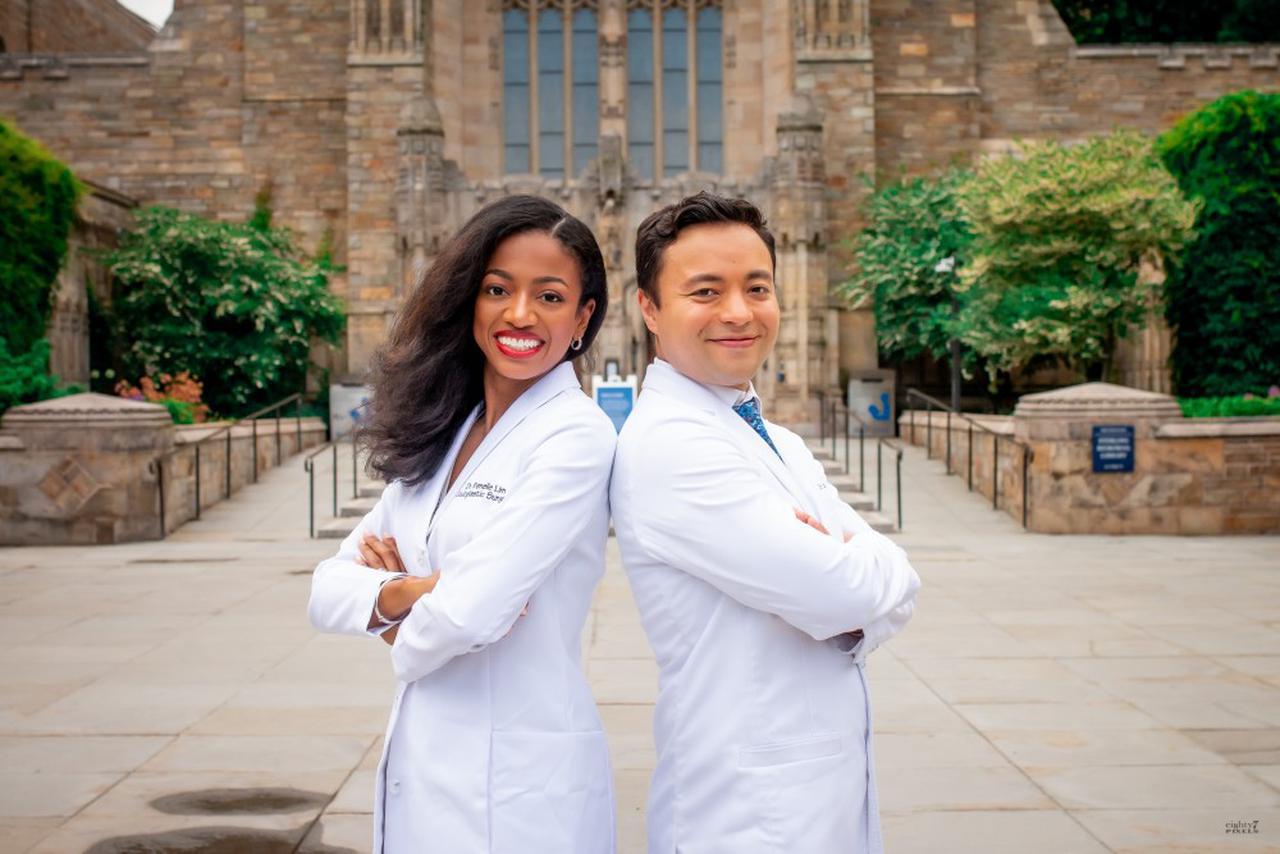Skin cancer is one of the most common types of cancer, but thankfully, you can do many things to prevent it. Read on to learn how to keep yourself and your loved ones safe in the sun — and what to do if you spot any suspicious lesions.
Skin cancer is the most prevalent type of cancer in the United States, according to the Centers for Disease Control and Prevention. While some people are more prone to developing skin cancer, the reality is that anyone of any race or gender can get it.
Because one of the main causes of skin cancer is UV radiation exposure, it’s important to protect yourself against excessive UV exposure.
Below, learn strategies you can implement to reduce your risk of skin cancer, courtesy of Dr. Renelle P. Lim, Dr. Ilya Lim, and the team here at the Institute of Dermatology & Oculoplastic Surgery in Sarasota, Florida.
Stay safe in the sun
Florida 一 lovingly known as the Sunshine State 一 has no shortage of bright, sunny days. While the sun is no doubt a mood booster, it can be dangerous if you don’t protect your skin. Keep these tips in mind to reduce your risk of UV exposure:
- Avoid direct sun exposure (if possible) during the peak hours of 10 a.m. to 4 p.m.
- Wear clothing that covers your arms and legs (look for lightweight materials designed for summer temperatures so you don’t overheat).
- Wear a hat with a wide brim or a UV-resistant neck flap.
- Wear surf shirts, if possible.
- Wear sunglasses with UVA and UVB protection.
- Apply a broad-spectrum sunscreen with a sun protection factor (SPF) of 30+ daily.
- Ensure children wear hats and sunscreen if playing outside, even for as short a time as 15 minutes.
A tip about sunscreen: Not all sunscreen is water resistant, and even water-resistant sunscreen must be reapplied regularly. Reapply sunscreen every few hours or whenever you get out of the water.
Keep your eyes safe
Skin cancer can develop in any sun-kissed area of your body. Did you know that skin cancer can affect your eyelids? Because the eyelid area is delicate, apply only sunscreen formulated for your face. Gently apply sunscreen onto your eyelids, being careful not to let any drip into your eyes. Sunglasses and wide-brimmed hats add additional layers of protection to this area.
See a concerning spot on your eyelids? Trust an eyelid expert with determining if you have skin cancer and how it should be treated.
Avoid tanning beds
While artificial tanning beds can give you a golden glow without the sun, they still emit harmful UV rays. Just one tanning bed session before the age of 35 can increase your risk of skin cancer by 75%.
If you currently go tanning, stop. If you’ve tanned in the past, continue to perform routine self-skin exams and schedule regular professional skin exams, too.
If you’d like to continue to keep your glow, swap out tanning beds for self-tanning lotions.
Know your ABCDEs
While certain things, such as tanning, increase your risk of developing skin cancer, it’s important to remember that anyone can get skin cancer, so it’s important to know the signs of skin cancer so you can receive treatment as soon as possible. The ABCDEs can help you identify the top red flags of melanoma:
- A: asymmetrical spots
- B: irregular borders
- C: multi-colored moles or spots
- D: a mole with a diameter larger than a pencil eraser
- E: lesions that evolve and change
Other suspicious signs that warrant a trip to our office include red, scaly patches; white, patches; sores that won’t heal; or other bumps on your skin. These can be signs of other types of skin cancer, such as basal cell carcinoma or squamous cell carcinoma.
If you notice any of these changes, it doesn’t necessarily mean that you have skin cancer. We may detect precancerous changes, allowing us to remove the lesion before it transitions from precancerous to cancerous.
Schedule your skin examination today
We know it’s not easy to think about skin cancer, but a quick exam could potentially save your life. You can regularly check your skin for any changes. Don’t forget to check in between your toes, your nails, and, if possible, have a friend or family member check your scalp. Your at-home skin examinations can help you spot any changes sooner than your annual exam here at the Institute of Dermatology & Oculoplastic Surgery.
Ready to schedule your skin cancer screening? Call or message us today to book an appointment at our office and take a stance against skin cancer.

